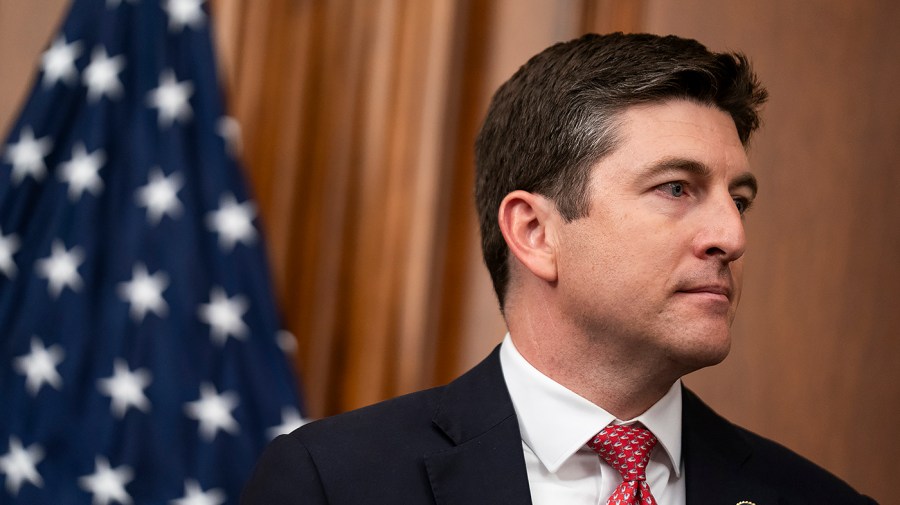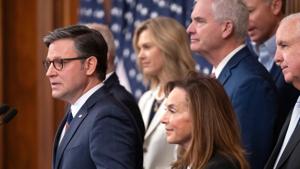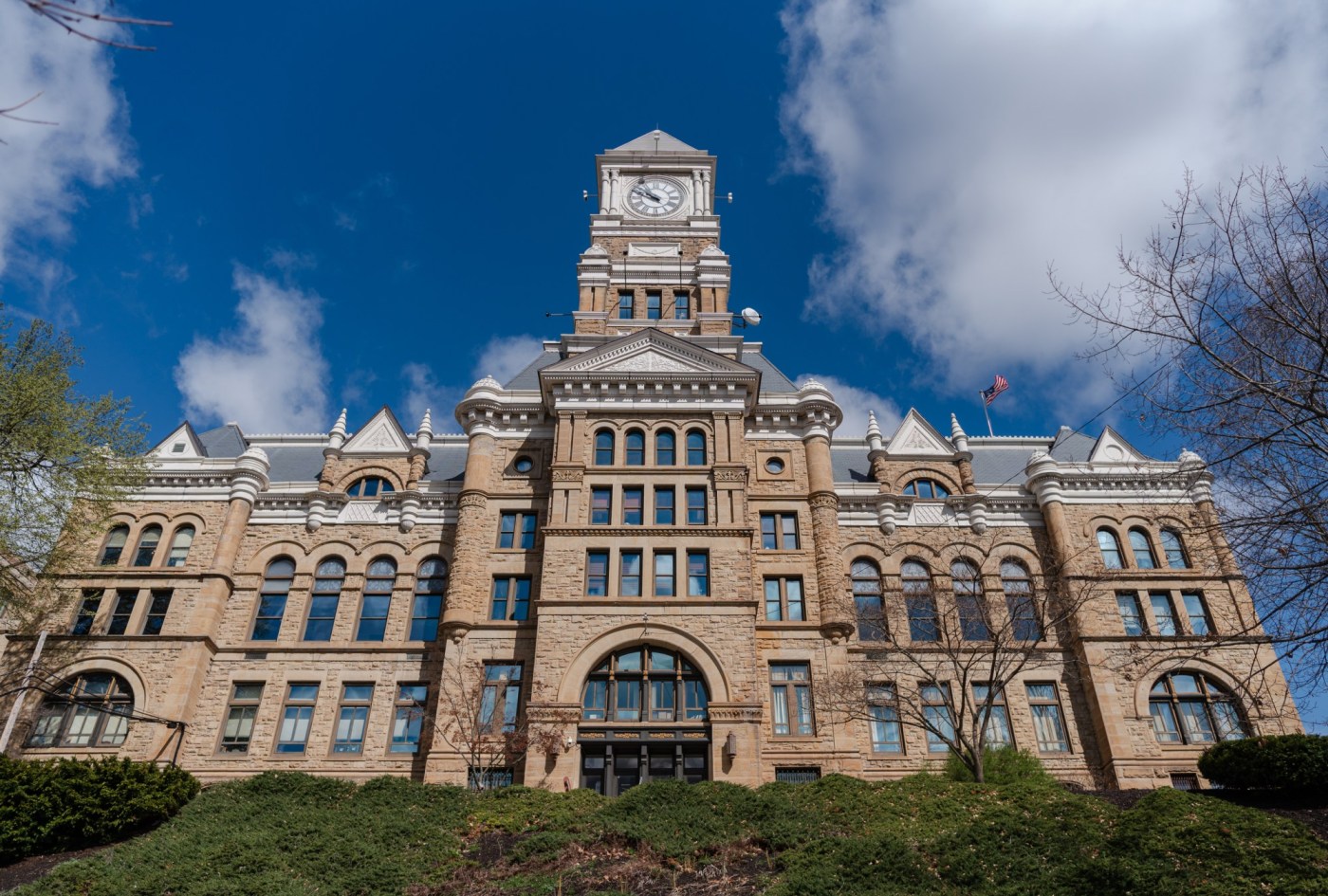The immigration policies implemented during the early days of the Trump administration have significantly disrupted the workforce in various sectors, particularly in Florida’s construction industry. As families seek to build new homes, they are facing rising costs for materials alongside a critical shortage of skilled labor. This situation has been exacerbated by the actions of Immigration and Customs Enforcement (ICE), which has targeted workers indiscriminately, leading to unsafe workplaces and increased deportations.
According to the Urban Institute, nearly a quarter of construction professionals in the United States are skilled immigrant workers. The enforcement of immigration measures has not only affected construction but has also had ripple effects across sectors such as agriculture, education, healthcare, and hospitality. As of 2024, experts estimate that the construction sector requires over 500,000 new workers to meet development goals, yet contractors are losing essential staff instead of gaining new talent.
While immigration challenges are not new, the current administration’s approach lacks effective, long-term solutions. Americans are calling for a comprehensive immigration strategy that provides clarity on deportations and outlines plans to maintain social and economic stability. Although the administration pledged to prioritize the deportation of criminals, recent reports reveal that most individuals in ICE detention do not have criminal records.
Public sentiment leans toward establishing legal pathways for essential workers, Dreamers, and those with temporary protections, acknowledging their crucial role in enhancing community strength. A bipartisan effort is underway in Congress, with members from both parties engaging in discussions to find effective immigration solutions. Reps. Maria Salazar and Veronica Escobar have introduced the Dignity Act of 2025, which enjoys support from an equal number of Republican and Democratic co-sponsors. Similarly, Rep. Lloyd Smucker, with a coalition of colleagues, has presented the Essential Workers for Economic Advancement Act.
These initiatives aim to create a balanced approach to immigration—one that prioritizes both security and economic strength. Floridians face urgent challenges, as the health of the economy is vital for ensuring the American dream remains attainable for future generations. The current housing market, workforce stability, and community health hinge on pragmatic solutions.
The discourse surrounding ICE’s enforcement actions raises concerns about racial profiling and the impact on local communities. Many Americans support deportation for violent criminals and those posing security threats, but there is widespread opposition to the indiscriminate targeting of non-threatening individuals, including farm workers, construction professionals, and educators.
Supporting bipartisan legislation signifies a commitment to stability, opportunity, and fairness. As Joel Tooley, Director of Mosaic Compassion, emphasizes, the need for collaborative action is paramount in addressing these pressing issues. The future of Florida’s economy and the well-being of its communities depend on resolving the complexities of immigration policy with compassion and pragmatism.







